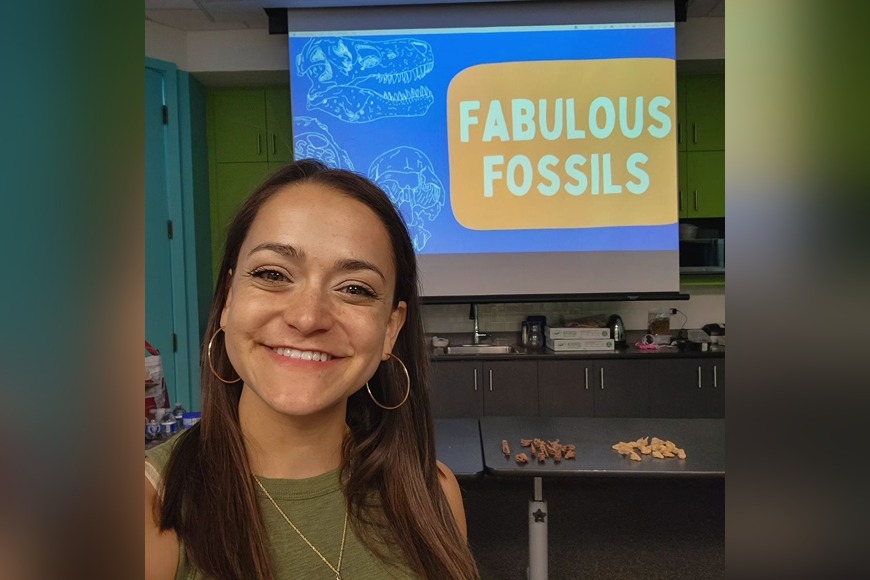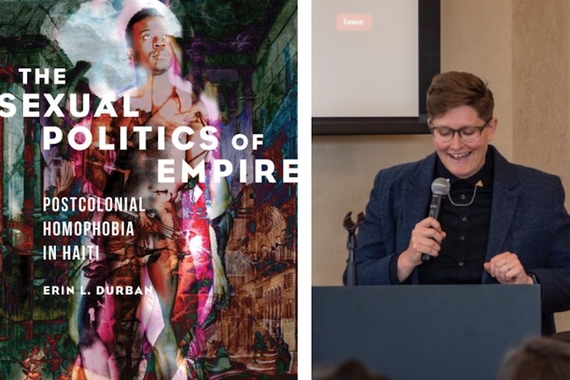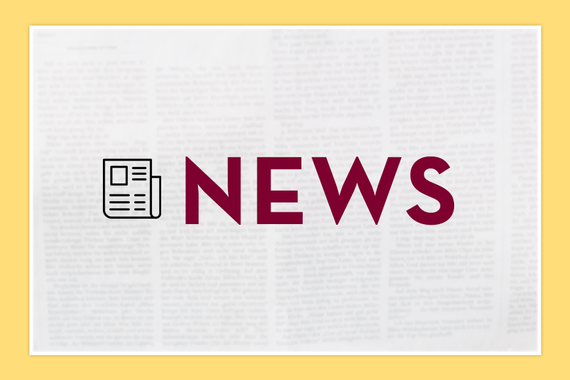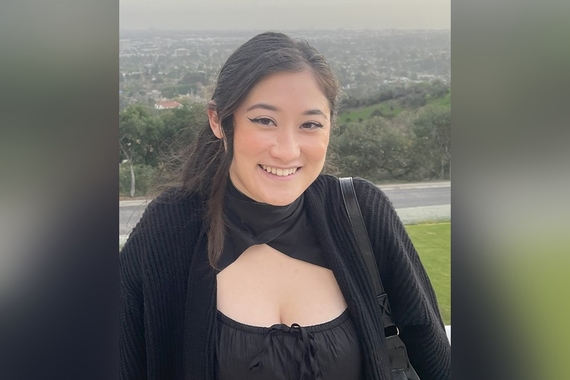Madelaine Walker: An Investigation into Human Evolution
Anthropology graduate research assistant Madelaine Walker received the prestigious Beverly & Richard Fink Summer Fellowship in spring 2023 for outstanding commitment to research work. This award not only allowed Walker to delve into a fascinating investigation of primate evolution but also gave her a leg up on her dissertation.
Through valuable fieldwork conducted this summer in western Kenya, Walker says that the fellowship enabled her to “grow as a researcher, a scholar, and an individual.”
What do you call your project and how would you summarize it? How does it connect to your broader research interests?
The project I worked on this summer was called the Contexts of Early Miocene Hominoid Evolution in Western Kenya. During the Early Miocene (a geological period) between 23 and 16 million years ago, early apes, or hominoids, underwent a period of rapid evolution and diversification. Today, western Kenya is home to several fossil locations that provide evidence of this expansion in the form of both fossils and paleoenvironmental context.
This project centers on revealing the causes of differences among early African primate communities in relation to climate and ecology, helping us better understand the course of primates, and ultimately, human evolution.
This is an ongoing project run by my advisor and his colleagues. Working on their team over the past two summers has provided me with the background and context I will need to start my own research related to the evolution of life history pacing in Early Miocene hominoids.
What has this award allowed you to do?
Because of this award, I was able to gain invaluable field experience in western Kenya and further develop my own dissertation plans by performing a preliminary assessment of fossils I might incorporate into my project.
It also allowed me to travel to my hometown to conduct a library workshop for K-5 students to teach them about the basics of fossils at Elk Grove Village Public Library.
What challenges have you faced? Have there been any notable surprises?
I encountered a few challenges in planning my summer, mainly related to coordinating schedules and project plans with colleagues, and political demonstrations in Kenya. Thankfully, I was able to adjust my plans as needed, and I really feel like I was able to make the most of my summer.
How is your project making a difference in the world?
I believe my advisor, Kieran McNulty’s work in Kenya sets a fantastic example for researchers working outside the US in terms of ethics and outreach practices. I think that as a result of working closely with him and his team, I will be able to carry these aspects of his work over to my own as I develop in my career.
This summer I was also able to organize my own science communication initiative, designing a workshop about fossils for K-5 students, and began making plans to build a community of science communicators at the University of Minnesota in the coming years. By focusing on these projects this summer, I have been able to solidify my prioritization of science communication and community outreach. As I take this experience with me into the future, I believe I will be able to have a positive impact on young students across the Midwest in addition to other researchers at the U.
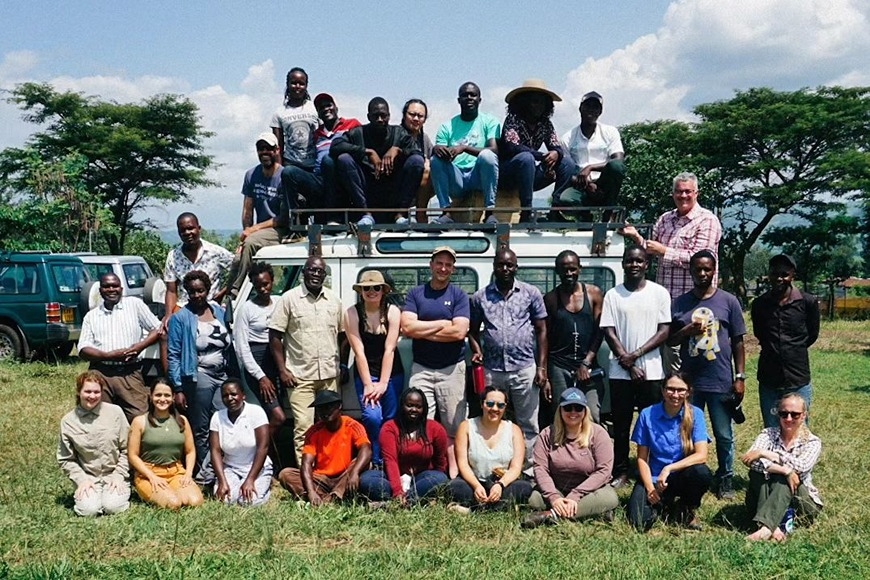
How has the award made a difference to your career?
This award has enabled me to grow as a researcher, a scholar, and an individual by providing me with the resources and time I needed to get hands-on field experience and work independently to hone my science communication and community-building skills within the contexts of academia. It has also given me an incredible head start on my dissertation research, which I believe will provide an immeasurable benefit as I finish my dissertation proposal and apply for grants.
What partnerships has this award helped you develop and nurture?
This award has given me opportunities to meet and work with a number of colleagues in Kenya that I would not otherwise meet outside of our annual conference. I have also been able to reconnect with my undergraduate advisor from the University of Illinois Urbana-Champaign, which I think will be incredibly helpful as I work through my dissertation research.
It also allowed me to partner with my hometown’s public library to put on K-5 programming and work with several cohort-mates to develop plans for science communication projects back on campus.
What's next?
Over the next year, I will finish my dissertation proposal and hopefully be able to travel to Kenya again next summer to start working on my project in the National Museums of Kenya. I am also planning to apply for a spot in an intensive isotopes course in June that will be incredibly beneficial to my research plans. I also hope to spend more time working on science communication projects and facilitate several additional workshops with K-5 students next summer.
The Beverly and Richard Fink Graduate Fellowship
The generous support of CLA champions Beverly and Richard Fink provides outstanding fellows like Madelaine with these impactful opportunities.
This story was edited by an undergraduate student in CLA.
